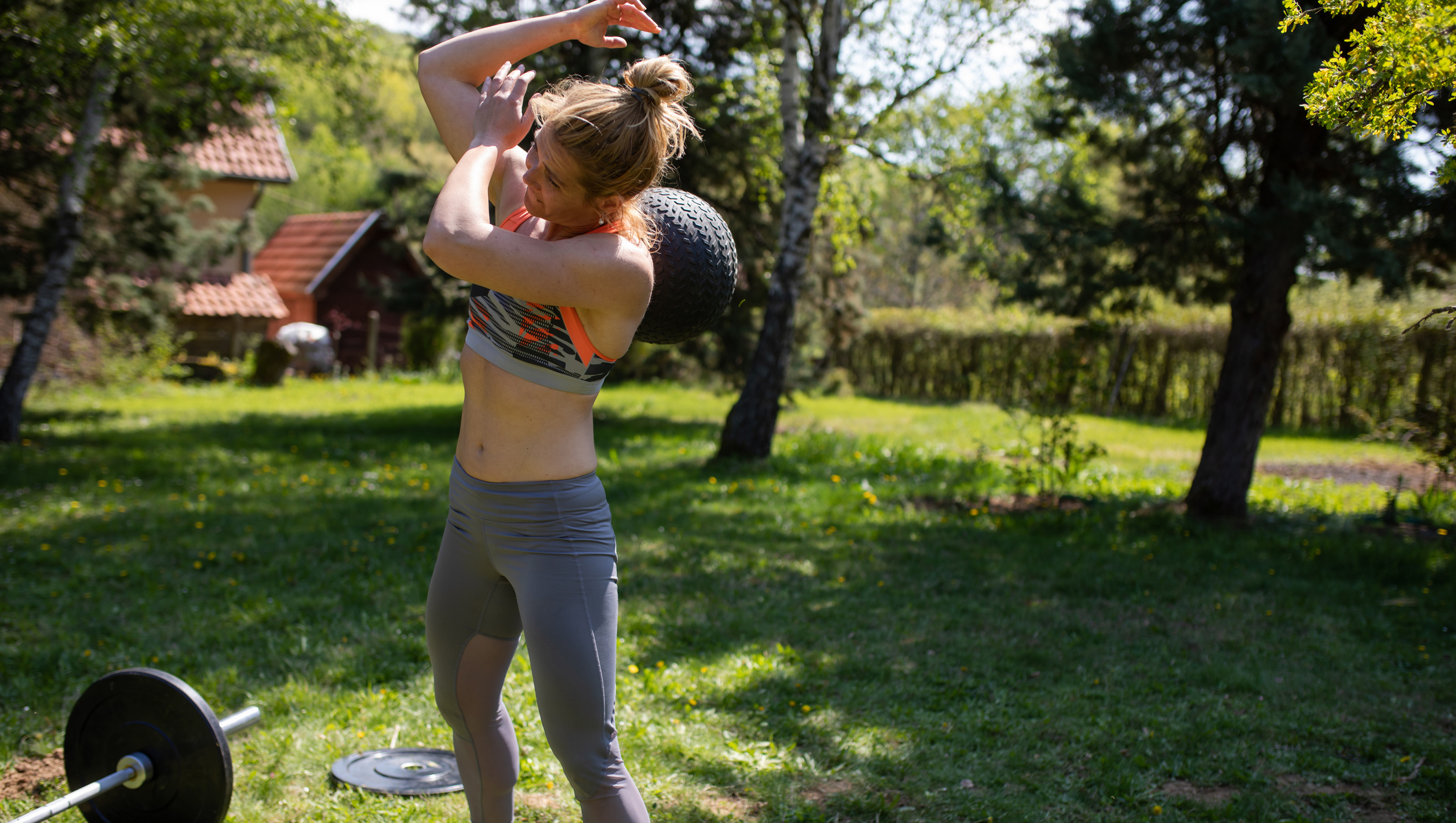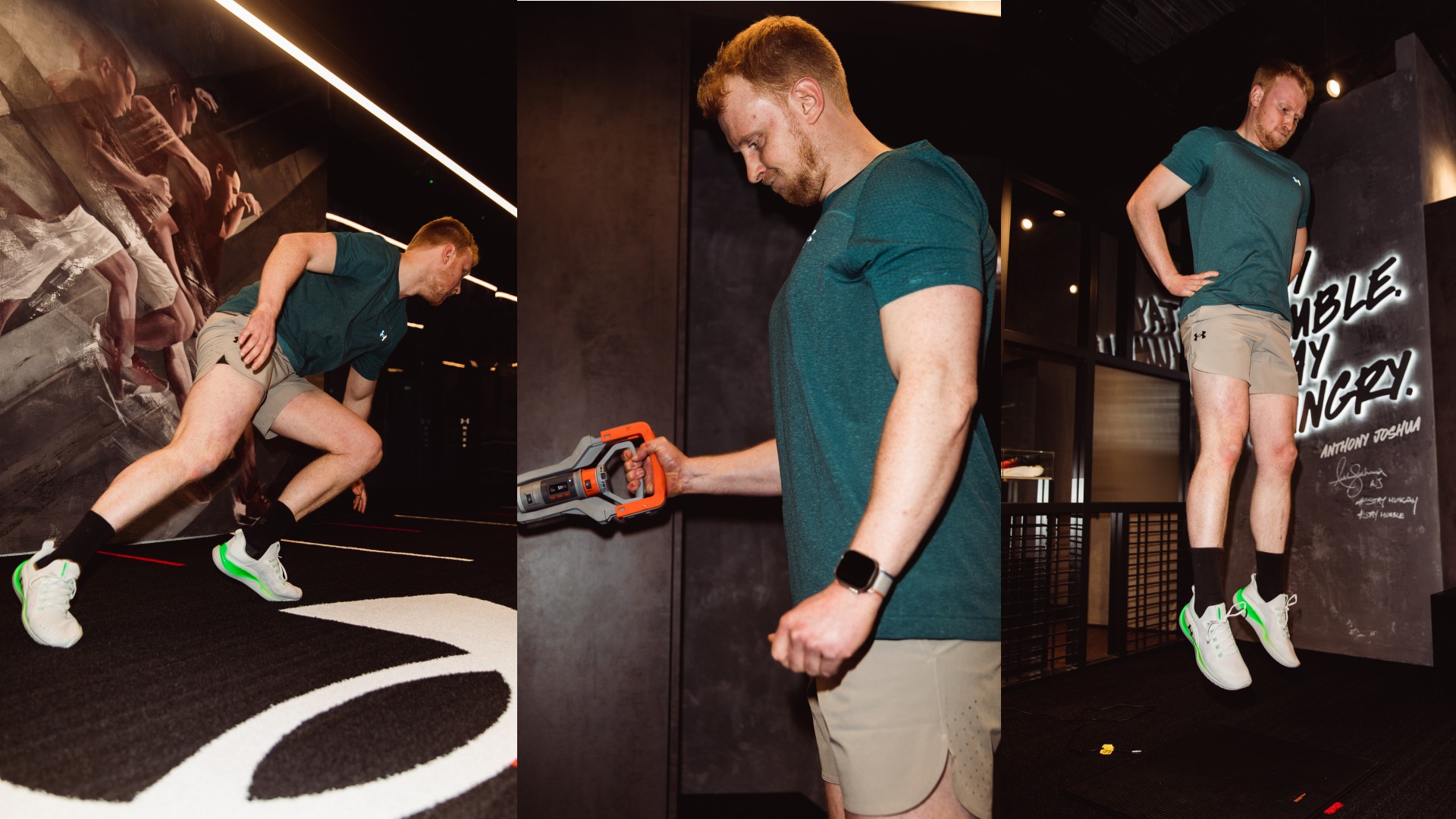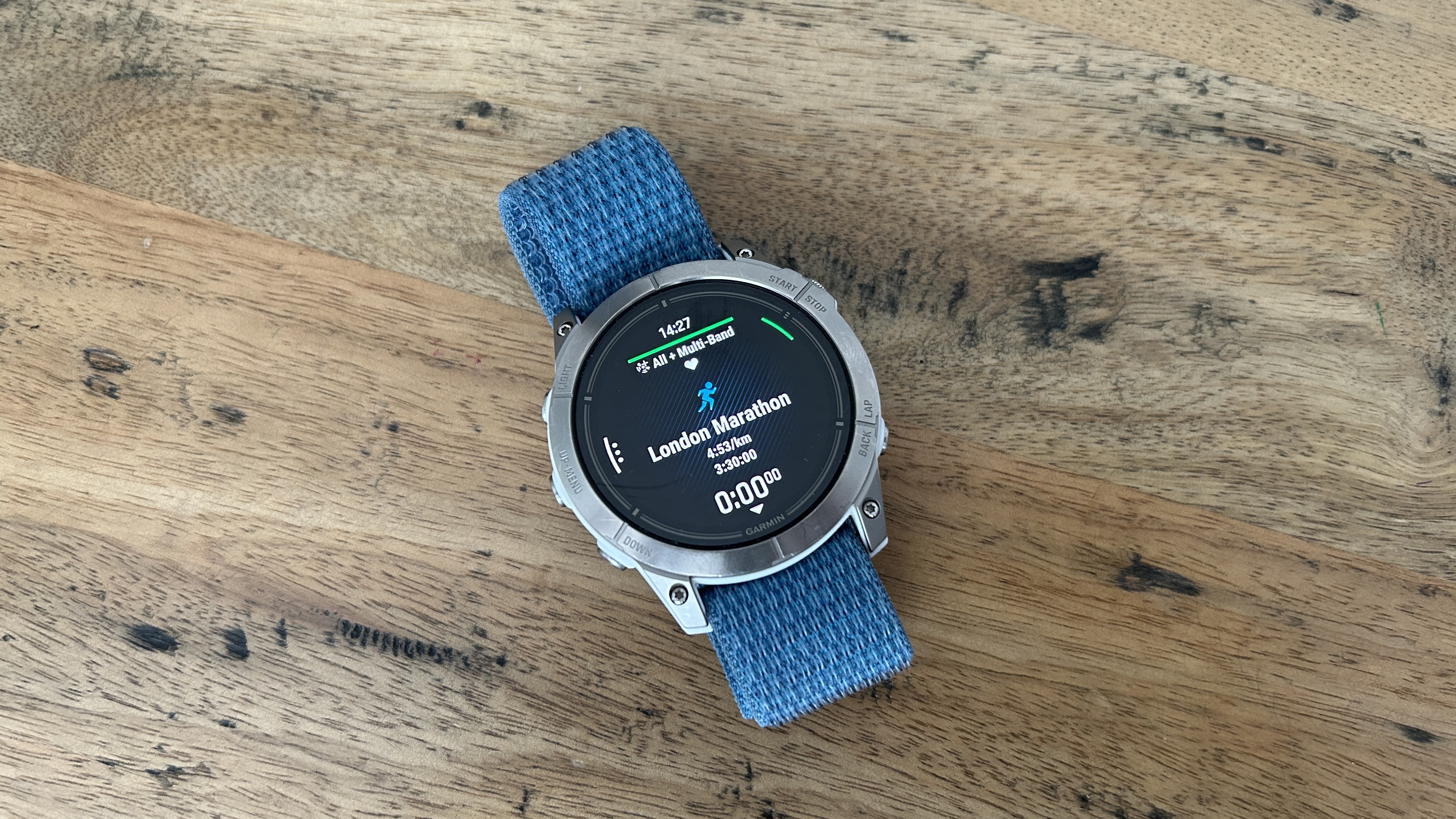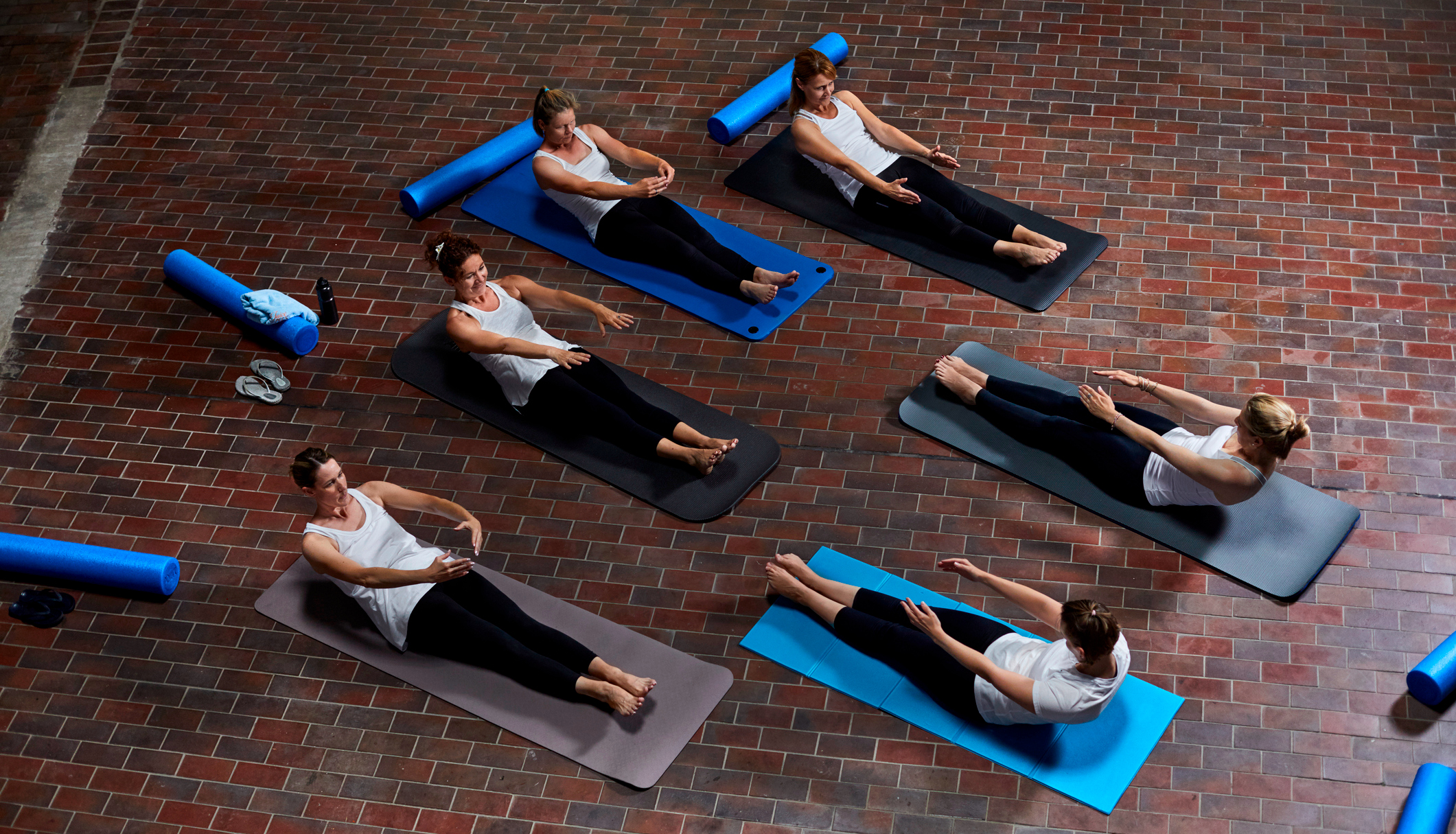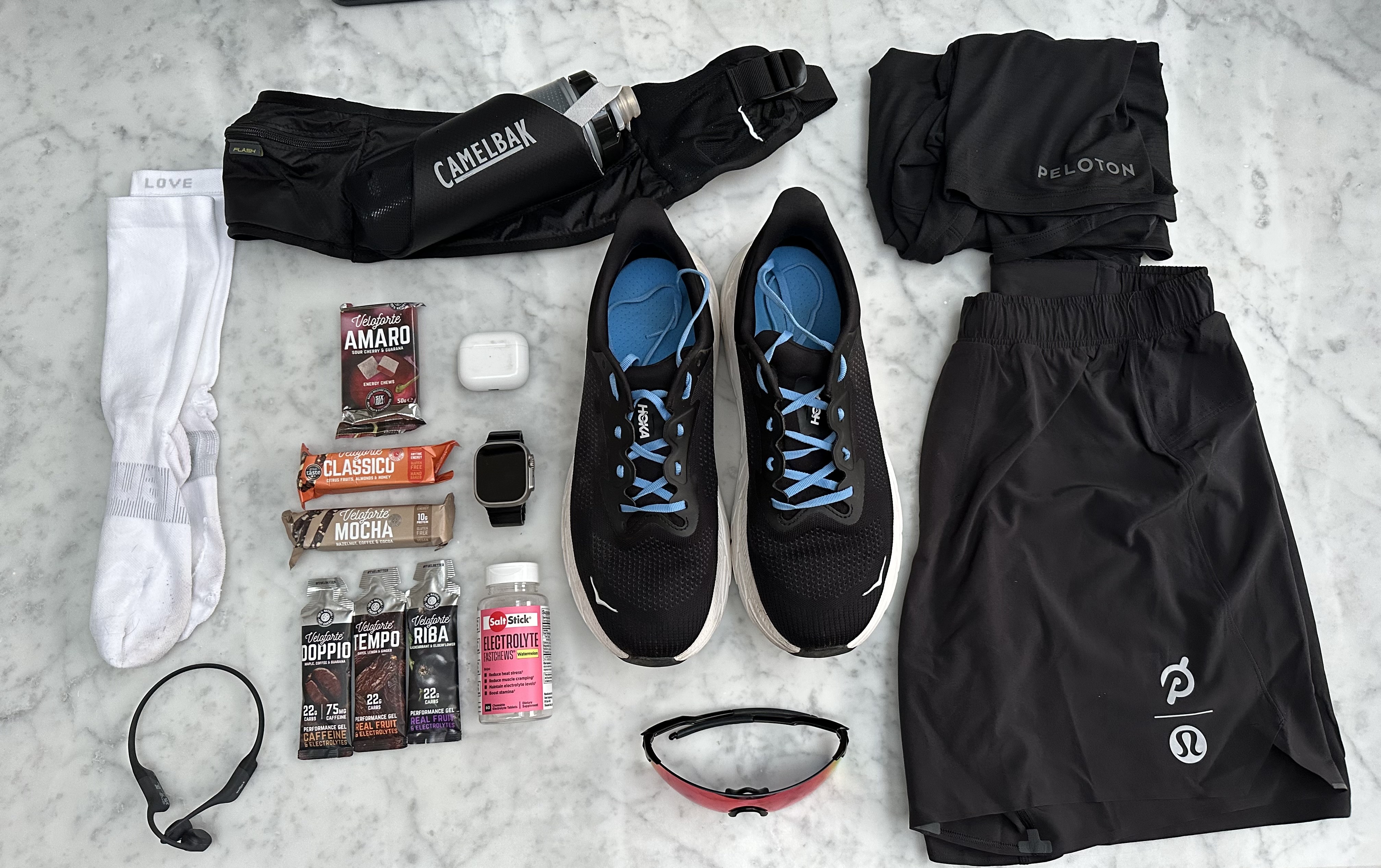The Three Best Nutrients And Vitamins For Building Muscle
Make sure you’re getting enough of these three essential nutrients and vitamins in your diet
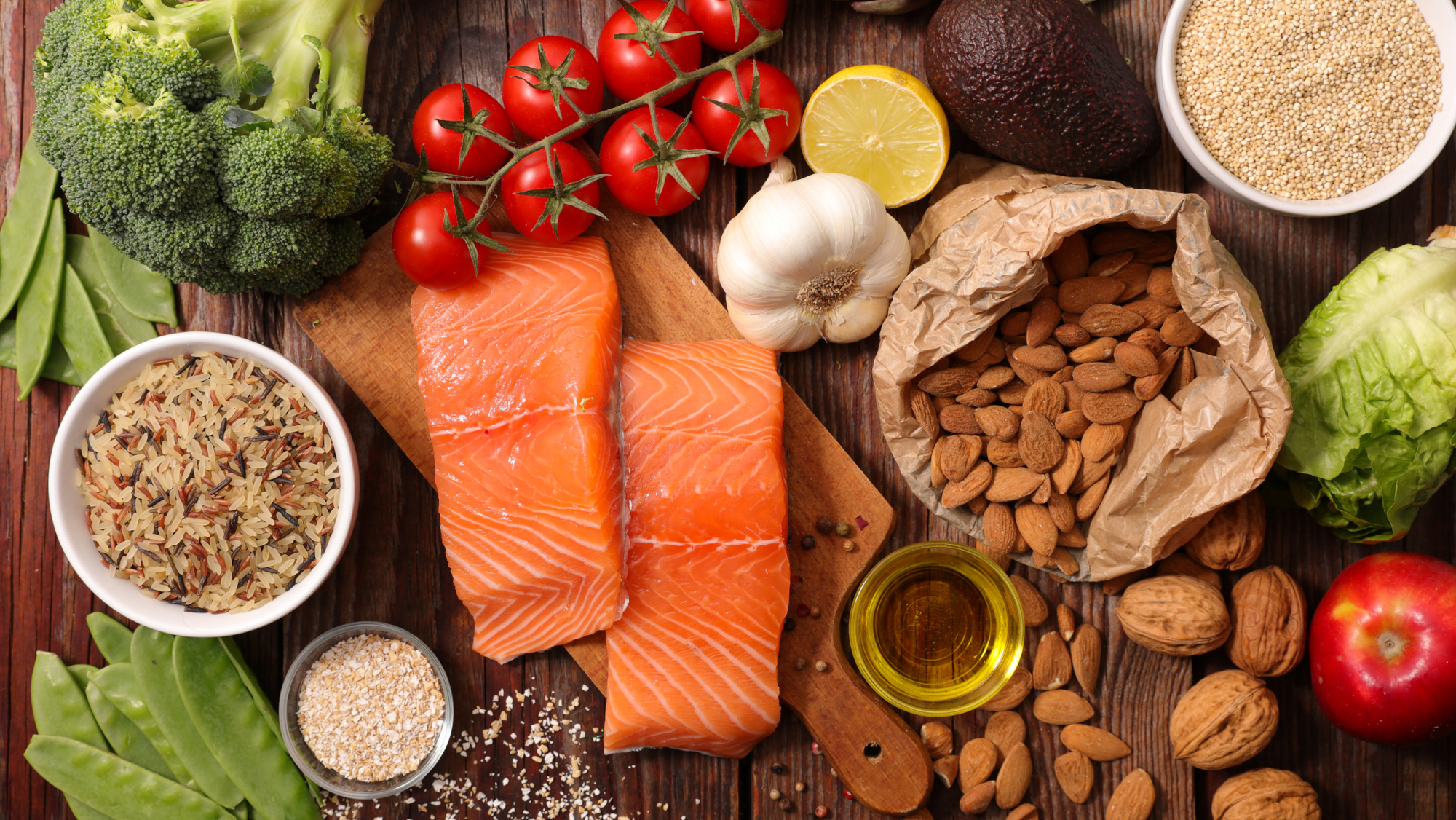
It’s common knowledge that when you start training to build muscle your protein requirements rise. However, protein is not the only nutritional player with a role in building muscle.
To find out what else you should consider, we asked Kerri Major, a dietitian, qualified personal trainer and author of The Dietitian Kitchen: Nutrition for a Healthy, Strong and Happy You.
Along with protein, what micronutrients play an important role in building muscle?
Plenty of vitamins and minerals are needed so your body can perform efficiently in the gym and you can build muscle. Most of these are needed only in small amounts that can easily be obtained through a balanced diet. However, as outlined in a position paper from three major North American nutritional bodies, there are three – iron, calcium and vitamin D – that play an important role in optimising performance and may be required in greater amounts when training.
Iron: Rapid muscle growth is one common factor that can adversely affect iron levels, which is not going to help further muscle growth. As the paper’s authors explain: “Iron deficiency, with or without anaemia, can impair muscle function and can limit the muscles’ capacity to work as efficiently, leading to compromised training adaptation and athletic performance.”
Increasing your iron intake from food is the right way to combat this. Iron is found in animal (haem) and plant (non-haem) sources. Haem iron, found in meats like beef, lamb and pork, is more easily absorbed by the body. Non-haem sources include legumes and pulses such as lentils, beans and peas, cereals, tofu, as well as green vegetables like spinach, kale, broccoli and cabbage, and it’s also found in nuts and dried fruit. If you’re eating non-haem iron, having it with foods rich in vitamin C – which includes green veg – helps the body absorb the iron more easily.
Vitamin D: This is a vitamin that works with other minerals to promote healthy muscles, among other things, and being deficient can have a negative impact on athletic performance.
While vitamin D can be consumed through certain foods, our bodies generate the majority of vitamin D from sunshine, and in the UK it is recommended that all adults should consider taking a daily 10-microgram vitamin D supplement during autumn and winter when there’s little sunshine. Aim to have a diet rich in foods that contain vitamin D and to spend some time in the sun, but stick to the recommended daily dose – make sure any supplement you buy doesn’t have a dose greater than 10mcg (lots do) to prevent overconsumption.
Get the Coach Newsletter
Sign up for workout ideas, training advice, reviews of the latest gear and more.
Calcium: This mineral is crucial for the health of bone tissue, as well as being needed for healthy muscle and nerve function, meaning it plays a crucial role in athletic performance.
A lack of calcium can go hand in hand with things like restricted calorie intake or avoiding dairy products. You can supplement with calcium, but this should only be done on the recommendation of a dietitian.
- Foods That Contain Calcium, Including Non-Dairy Sources
Do you need to use supplements to get these micronutrients?
If you’re eating a balanced and varied diet, there is usually no need for supplementation. However, there can be cases in which people aren’t getting enough micronutrients, when supplementation would be beneficial. Examples are if you’re frequently restricting calorie intake, practising extreme weight-loss dieting, cutting out food groups entirely, or eating a diet that’s not well balanced enough.
If single micronutrient supplementation is required, it should be guided by a doctor and/or dietitian and is generally only appropriate for correction of a clinically defined medical reason.
By consuming a well-balanced diet with a focus on variety, you can avoid micronutrient deficiencies and gain the benefits of many other performance-promoting eating strategies. Taking vitamin and mineral supplements if there’s no pre-existing deficiency does not improve athletic performance.
Is it worth taking multivitamins if you’re training in the gym regularly and aiming to build muscle?
Multivitamins are not recommended for the general population and, in most cases, are not required. Many multivitamins can contain over and above the reference nutrient intake (RNI) for particular micronutrients, which, if taken alongside dietary sources, can put you at risk of excessive consumption and the potential side effects associated with this.
The main focus should be to consume a well-balanced diet that is sufficient in calories to support your energy needs and which includes a variety of fruit and vegetables, wholegrains, and a sufficient intake of fat.

Jonathan Shannon was the editor of the Coach website from 2016 to 2024, developing a wide-ranging experience of health and fitness. Jonathan took up running while editing Coach and used the training plans on the site to run a sub-40min 10K, 1hr 28min half marathon and 3hr 6min marathon. He’s an advocate of cycling to work and is Coach’s e-bike reviewer, and not just because he lives up a bit of a hill. He also reviews fitness trackers and other workout gear.



